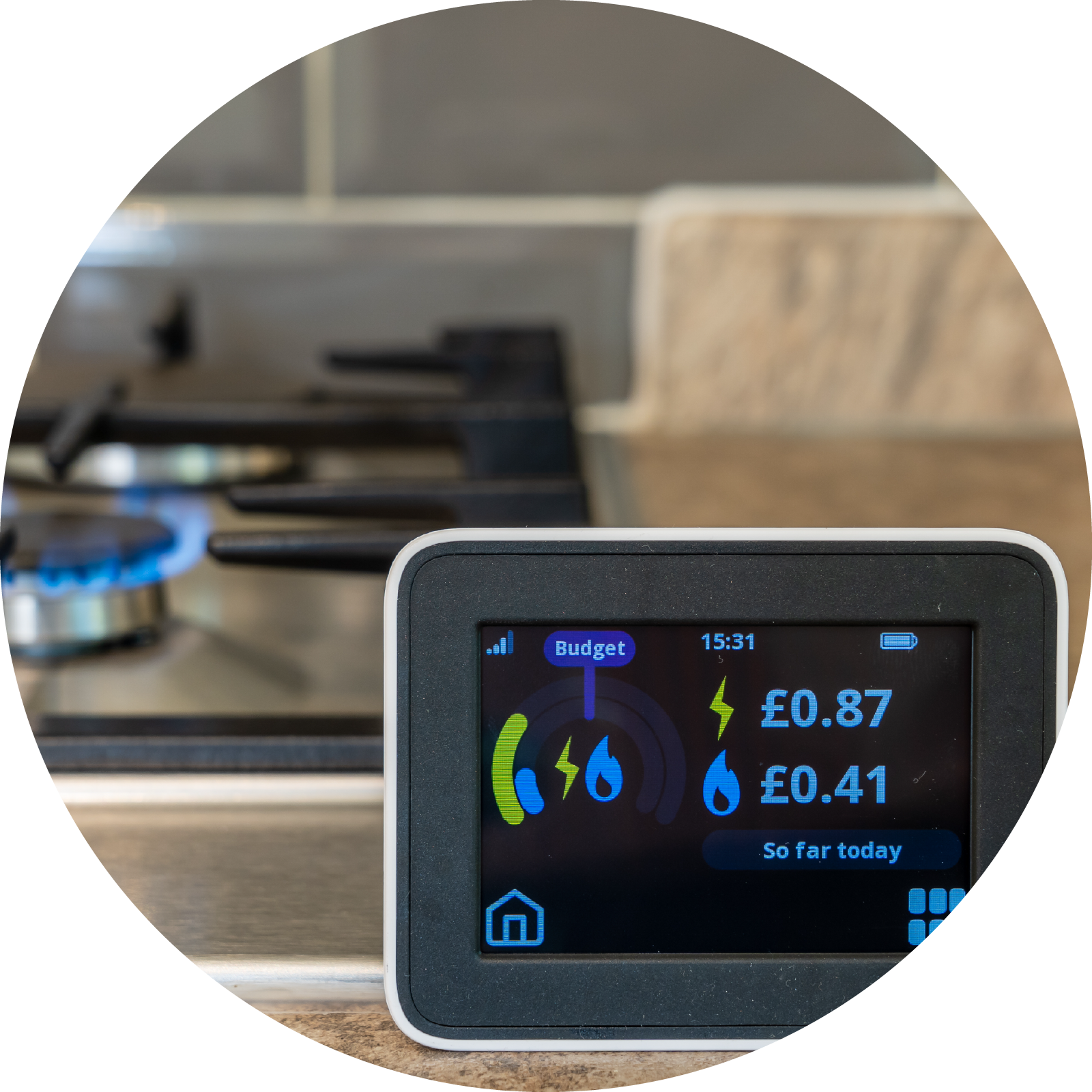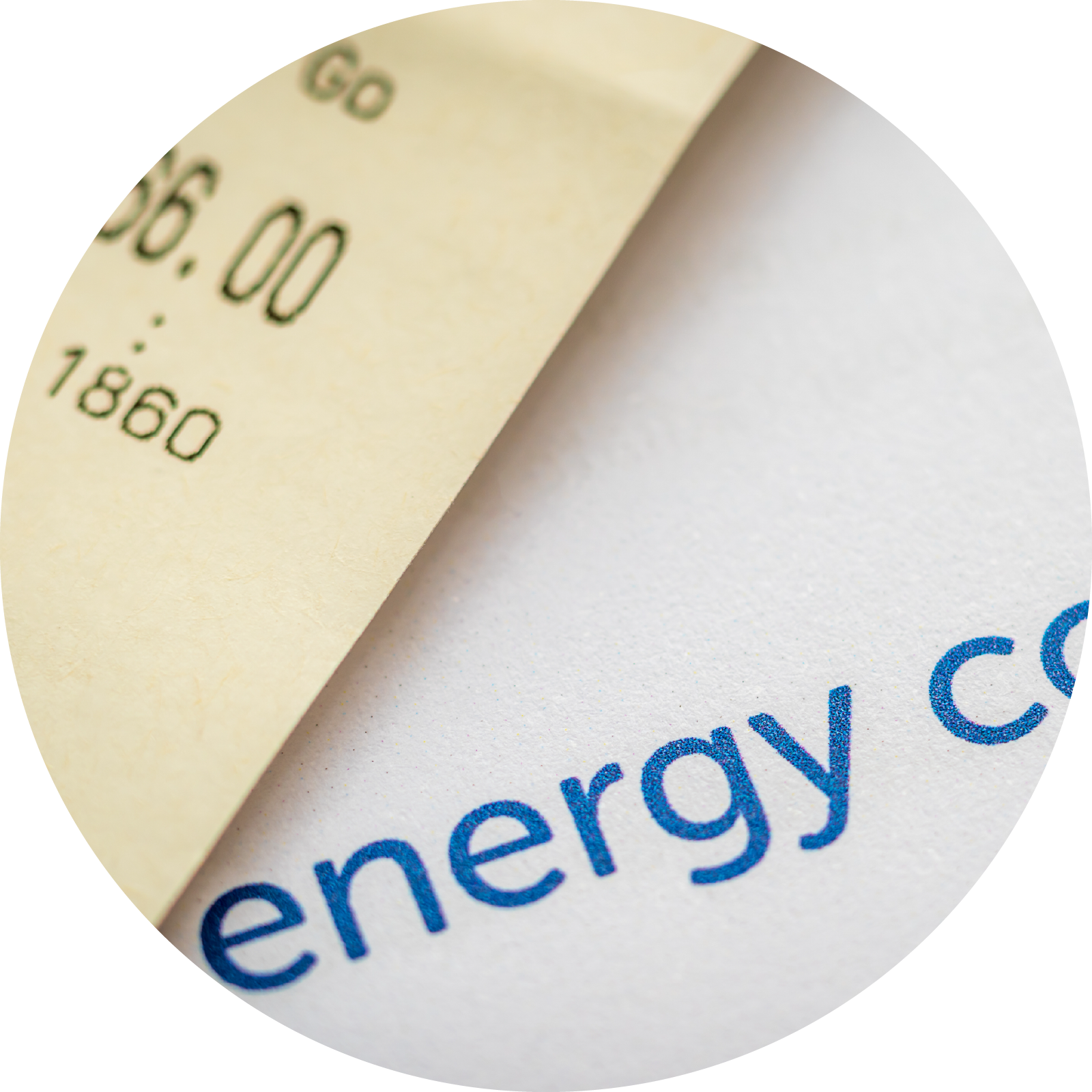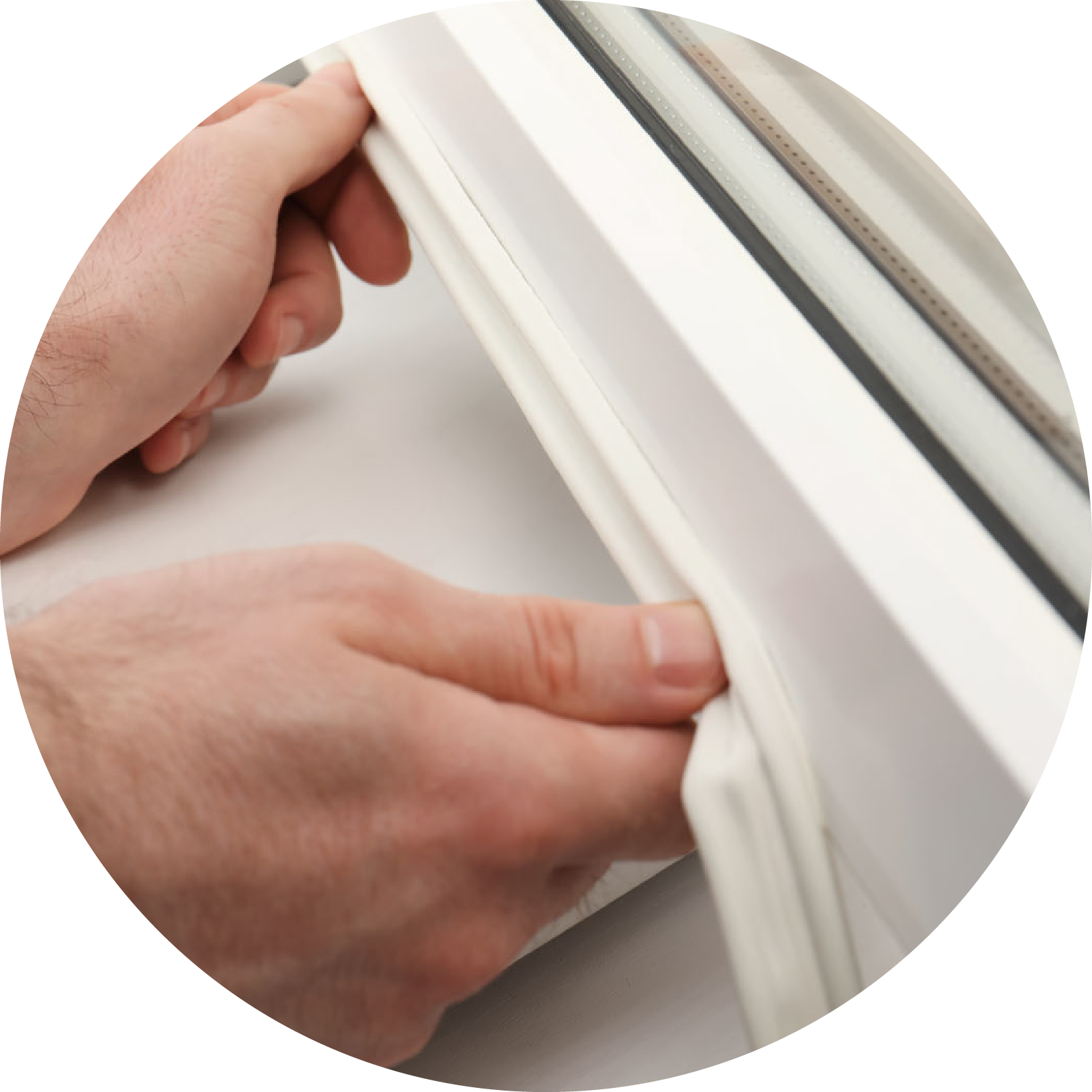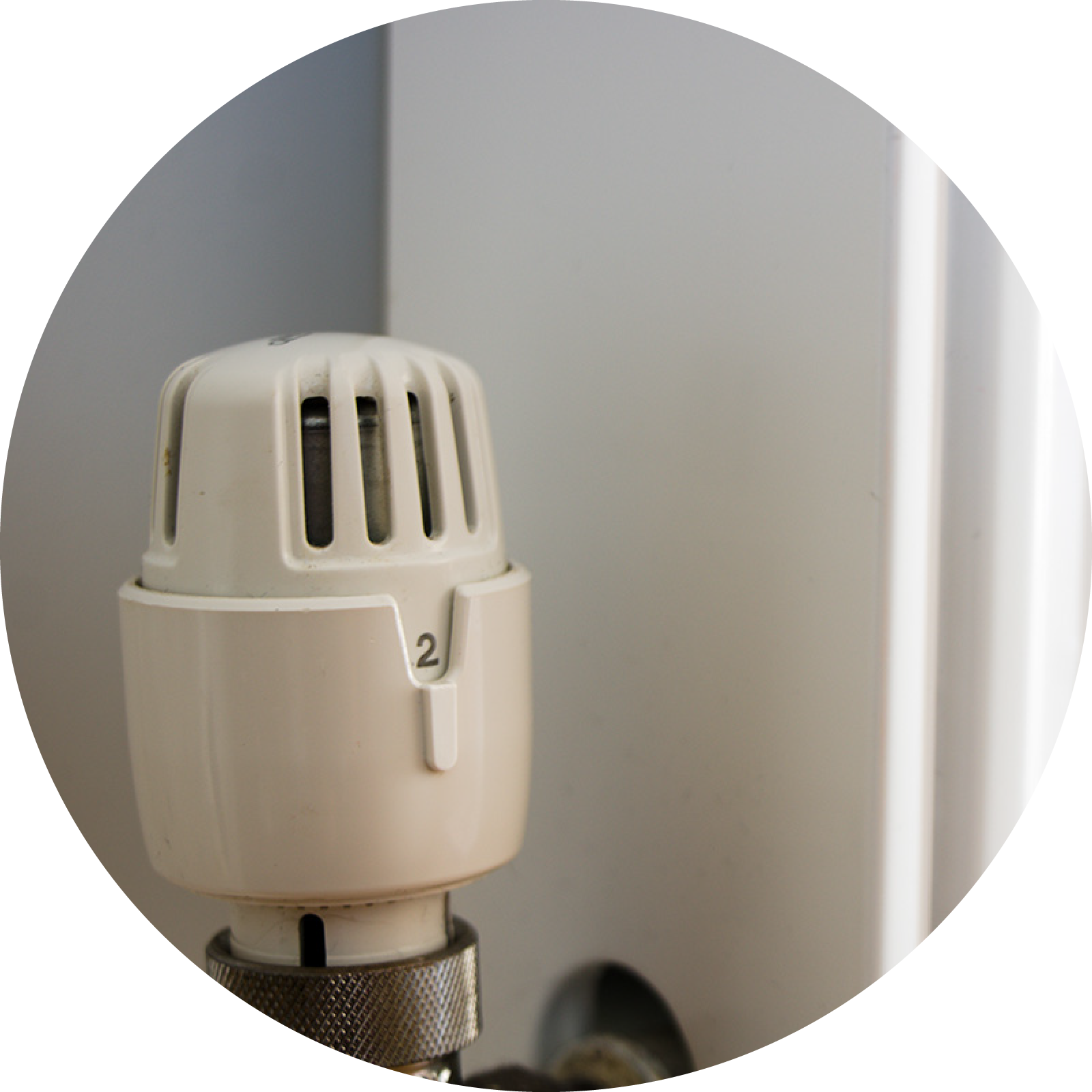Reducing your home energy bills doesn’t have to break the bank. There are government grants and schemes available to help with your energy bills and make your home more energy efficient, alongside simple steps you can take to save money on your heating costs.
Warm Home Discount Scheme:
Get £150 off your electricity bill each winter

The Warm Home Discount Scheme provides crucial support for households struggling with energy costs. This scheme offers a £150 discount directly applied to your electricity bill during the winter months.
Who is eligible?
You may qualify for the Warm Home Discount if you:
- Receive the Guarantee Credit element of Pension Credit
- Are on a low income and receive certain means-tested benefits such as Universal Credit, Housing Benefit,
Income Support, or income-based Jobseeker’s Allowance
How it works
- The discount is applied automatically to your electricity bill if you’re eligible
- In England and Wales you’ll receive a letter between October and mid-December explaining your discount if you qualify
- In Scotland you may receive a letter if you are on Pension Credit Guarantee Credit but otherwise you will need to apply through your energy supplier
- The money goes directly to your energy supplier to reduce your bill – it’s not paid to you
- Around six million households across England, Scotland, and Wales benefit from this support this year
Important details
- Your energy supplier must be part of the scheme, most major suppliers participate – you can find the full list on GOV.UK
- You can still get the discount if you use a prepayment meter – your supplier will tell you how you’ll receive it
- The scheme reopens at the end of October each year
- In some cases, you may be able to get the discount applied to your gas bill instead
To find out more, visit Warm Home Discount on GOV.UK
Financial help for your home
You might be eligible for other financial help for energy efficiency and heating measures through government schemes. You can also ask your bank about green loans.
Warm Homes: Social Housing Fund
This scheme supports social housing landlords to upgrade tenants’ homes with measures including solar panels. If you live in social housing you can contact your housing association or landlord to check eligibility.
Warm Homes: Local Grant
Funding eligible local authorities to deliver energy performance upgrades for low-income households living in privately owned homes. Apply for the Warm Homes: Local Grant to improve a home – GOV.UK.
Energy Company Obligation (ECO4)
Contact your energy supplier directly to see if you might be eligible for energy efficiency and heating improvements. You can find contact details of suppliers who are taking part in the scheme on the Ofgem website.
Great British Insulation Scheme (GBIS)
Suppliers can also help with insulation if your home has an EPC rating of D to G and falls within Council Tax bands A-D in England or A-E in Scotland or Wales. Apply for support from the Great British Insulation Scheme – GOV.UK.
Boiler Upgrade Scheme
If you are interested in installing a heat pump, visit our heat pump page to understand how this grant supports you.
Top tips for reducing energy usage

Save around £100 a year with these three simple actions
While grants and financial support can help with major improvements, there are also simple, low-cost changes you can make to reduce your energy bills. These practical steps require little or no upfront investment but can deliver real savings on your heating costs.
Understand more about your energy use

Install a smart meter

Track your energy use in real time, for free

Check your tariff
To find out more, visit our save energy in your home page.
Check your eligibility today
To find out what support you might be eligible for, you can check your entitlement to various grants and schemes by visiting the Warm Home Discount page. Many of these programmes are designed to work together, so you may be able to benefit from multiple forms of support to make your home more energy efficient and reduce your bills.
Curious about what else you can do to save energy?
Click below to learn more.







